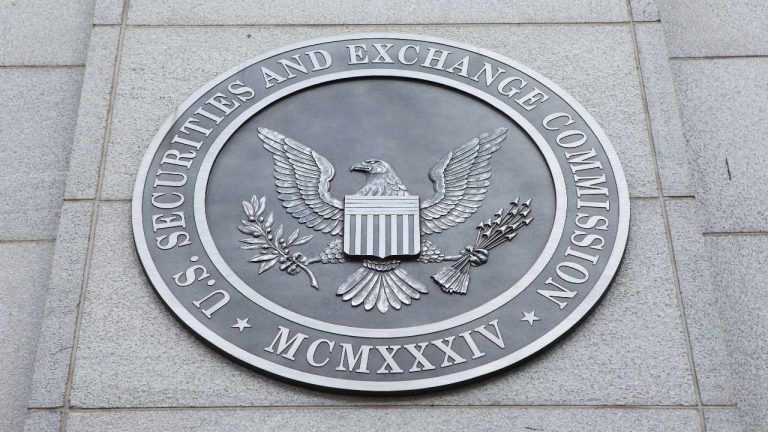
In the tug-of-war between the US regulators over control of crypto assets, the CFTC chair has triple-downed his stance — that Ether and stablecoins are commodities.
Stablecoins and Ether (ETH) are commodities and should come under the purview of the United States Commodity Futures Trading Commission (CFTC), its chairman has again asserted at a recent Senate hearing.
At the Mar. 8 Senate Agricultural hearing, CFTC chair, Rostin Behnam, was asked by Senator Kirsten Gillibrand about the differing views held by the regulator and the Securities and Exchange Commission (SEC) following the CFTC’s 2021 settlement with stablecoin issuer Tether, Behnam said:
“Notwithstanding a regulatory framework around stablecoins, they’re going to be commodities in my view.”
“It was clear to our enforcement team and the commission that Tether, a stablecoin, was a commodity,” he added.
In the past, the CFTC has asserted that certain digital assets such as Ether, Bitcoin (BTC) and Tether (USDT) were commodities — such as in its lawsuit against FTX founder Sam Bankman-Fried in mid-December.
This is a pretty stark (almost impassioned?) rebuke of the ‘everything except BTC is a security’ and ‘stablecoins are securities’ positions. Would be great if the CFTC released the legal analysis on these issues Chairman Behnam says it did. https://t.co/RIeTgUxTFd pic.twitter.com/LGtuEPs4X3
— Lawtoshi (@lawtoshi) March 8, 2023
Asked what evidence the CFTC would put forward to win regulatory influence over Ether during the Senate hearing, Behnam said it “would not have allowed” Ether futures products to be listed on CFTC exchanges if it “did not feel strongly that it was a commodity asset,” and added:
“We have litigation risk, we have agency credibility risk if we do something like that without serious legal defenses to support our argument that [the] asset is a commodity.”
The comment has seemingly cemented Behnam's sometimes wavering opinion on the classification of Ether. During an invite-only event at Princeton University in November last year he said Bitcoin was the only cryptocurrency that could be viewed as a commodity, leaving out Ether. Only a month before that, he suggested Ether could be viewed as a commodity too.
Related: CFTC continues to explore digital asset policy considerations in MRAC meeting
Behnam’s most recent comments oppose a view held by SEC chair, Gary Gensler, who claimed in a Feb. 23 New York Magazine interview that “everything other than Bitcoin” is a security, a claim that was rebuffed by multiple crypto lawyers.
The differing viewpoints of the market regulators could set the stage for a conflict as each vies for regulatory control of the crypto industry.
In mid-Febuary, the SEC flexed its authority against stablecoin issuer Paxos saying it may sue the firm for violating investor protection laws alleging its Binance USD (BUSD) stablecoin is an unregistered security.
Around the same time, the regulator similarly targeted Terraform Labs and called its algorithmic stablecoin TerraUSD Classic (USTC) a security, a move Delphi Labs general counsel, Gabriel Shapiro, said could be a “roadmap” for how the SEC could structure future suits against other stablecoin issuers.
The SEC’s crypto clampdowns have seen pushback front he industry, Circle founder and CEO, Jeremy Allaire said he doesn’t believe “the SEC is the regulator for stablecoins” saying they should be overseen by a banking regulator.


